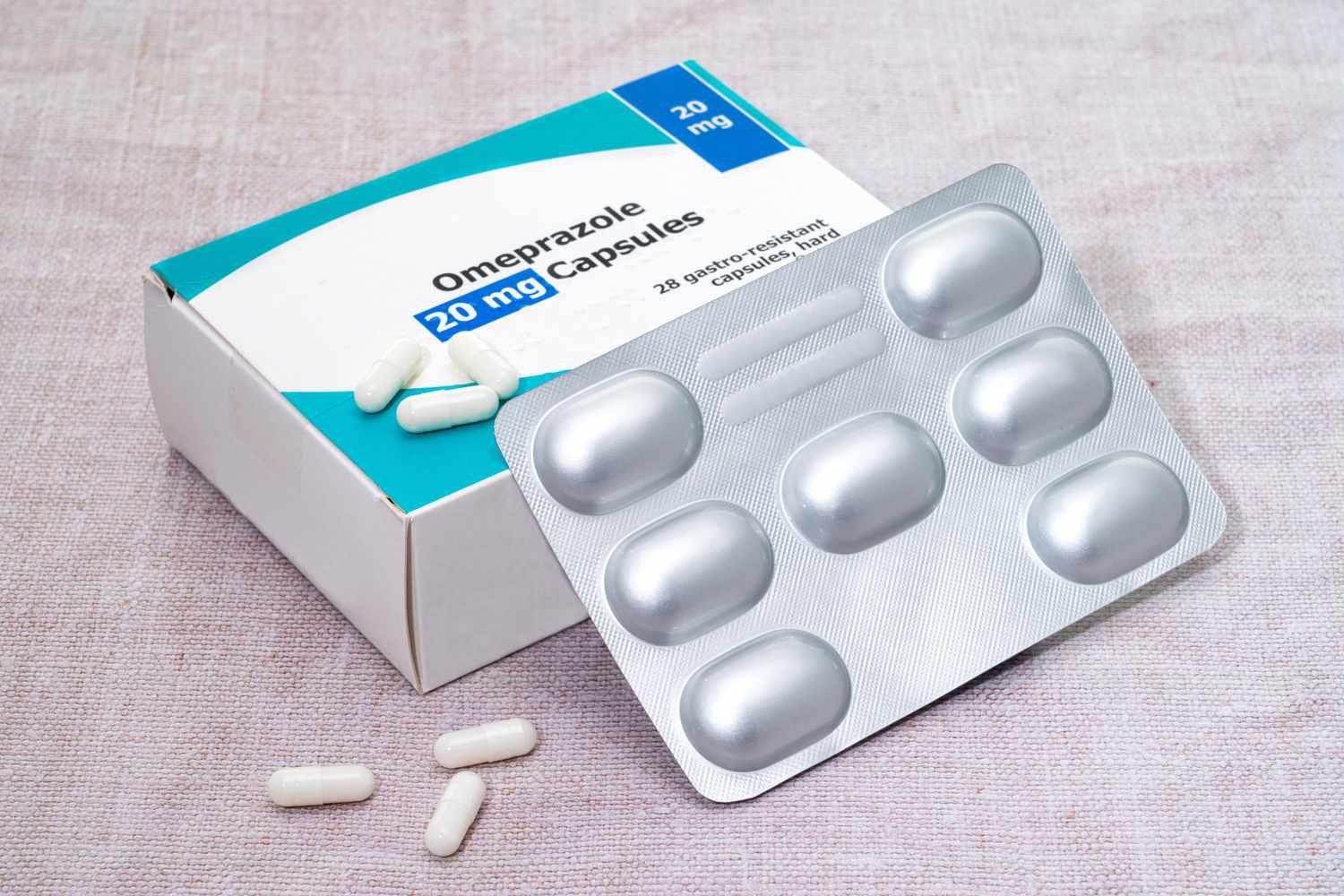Introduction: Understanding the Difference Between Famotidine and PPIs
Famotidine and proton pump inhibitors (PPIs) are commonly used to treat similar gastrointestinal conditions. But, are they the same thing? In this article, we’ll explore the key differences between famotidine and PPIs, their mechanisms of action, uses, side effects, and much more.
What Is Famotidine?
Famotidine: The Basics
Famotidine is a medication that belongs to a class of drugs known as H2-receptor antagonists (H2 blockers). It works by reducing the amount of acid produced in the stomach, making it useful in treating conditions like acid reflux and ulcers.
How Famotidine Works
Famotidine blocks the action of histamine on H2 receptors in the stomach lining, thereby decreasing acid production. This helps prevent heartburn, ulcers, and other acid-related issues.
What Are PPIs (Proton Pump Inhibitors)?
Introduction to PPIs
Proton pump inhibitors, or PPIs, are a different class of drugs that also reduce stomach acid production. They work by inhibiting the proton pump, a key enzyme in the stomach lining responsible for acid secretion.
How PPIs Work
PPIs block the proton pump in the stomach lining, reducing the production of gastric acid to a much greater extent than H2 blockers like famotidine.
Is Famotidine a PPI?
Key Differences Between Famotidine and PPIs
While both famotidine and PPIs serve similar purposes in treating acid-related stomach issues, they are distinct in their mechanisms and classes. Famotidine is an H2 blocker, while PPIs inhibit the proton pump directly.
The Differences in Mechanism
Famotidine works by blocking histamine from stimulating acid production, whereas PPIs directly block the proton pump, leading to a more potent reduction in stomach acid.
Common Uses of Famotidine
Famotidine for GERD (Gastroesophageal Reflux Disease)
Famotidine is commonly prescribed for GERD, a condition where stomach acid flows back into the esophagus, causing irritation and heartburn.
Famotidine for Peptic Ulcers
Famotidine is also used to treat peptic ulcers by reducing stomach acid, which allows the ulcer to heal.
Other Conditions Treated by Famotidine
Besides GERD and ulcers, famotidine is sometimes used to treat Zollinger-Ellison syndrome, a rare condition characterized by excessive stomach acid production.
Common Uses of PPIs
PPIs for GERD and Heartburn
Just like famotidine, PPIs are frequently used to treat GERD. However, they are typically prescribed for more severe cases, as they are stronger acid reducers.
PPIs for Stomach Ulcers
PPIs are often recommended for peptic ulcers caused by Helicobacter pylori infection, as they promote faster healing of the ulcer.
Other Conditions Treated by PPIs
PPIs are also used to manage Zollinger-Ellison syndrome and prevent ulcers caused by NSAIDs (nonsteroidal anti-inflammatory drugs).
Comparing the Effectiveness of Famotidine and PPIs
Which Is More Effective?
Both famotidine and PPIs are effective at reducing stomach acid, but PPIs generally offer stronger acid suppression, making them more suitable for severe acid reflux or ulcers.
When to Choose Famotidine Over PPIs
Famotidine may be preferred for mild cases of GERD or heartburn. It may also be the drug of choice if you have a history of side effects with PPIs.
Side Effects of Famotidine
Common Side Effects of Famotidine
While famotidine is generally well-tolerated, some people may experience headaches, dizziness, or gastrointestinal discomfort.
Rare and Serious Side Effects
In rare cases, famotidine can cause confusion, especially in older adults. Allergic reactions, though uncommon, are also possible.
Side Effects of PPIs
Common Side Effects of PPIs
PPIs are generally safe but can cause side effects like headaches, diarrhea, or nausea.
Long-Term Side Effects of PPIs
Prolonged use of PPIs may lead to vitamin B12 deficiency, bone fractures, and an increased risk of infections like Clostridium difficile.
Drug Interactions: Famotidine vs. PPIs
Famotidine Drug Interactions
Famotidine may interact with certain medications, including antacids, blood thinners, and antifungal drugs, altering their effectiveness.
PPI Drug Interactions
PPIs can also interact with various medications, including blood thinners, digoxin, and certain antifungal drugs, leading to increased or decreased drug levels.
Can Famotidine and PPIs Be Taken Together?
In some cases, a healthcare provider may recommend using both famotidine and a PPI, especially for patients who have severe symptoms that require stronger acid suppression.
Who Should Not Take Famotidine or PPIs?
Who Should Avoid Famotidine?
Famotidine should be avoided by individuals who are allergic to the drug or who have severe liver or kidney issues.
Who Should Avoid PPIs?
People with a history of osteoporosis, low magnesium levels, or Clostridium difficile infections may need to avoid long-term PPI use.
Conclusion: Famotidine vs. PPIs – Which Is Right for You?
Both famotidine and PPIs are effective treatments for acid-related conditions, but they differ in terms of potency and mechanism of action. Famotidine is often preferred for milder cases, while PPIs are used for more severe acid reflux or ulcers. Always consult with a healthcare professional to determine the most suitable treatment for your condition.

